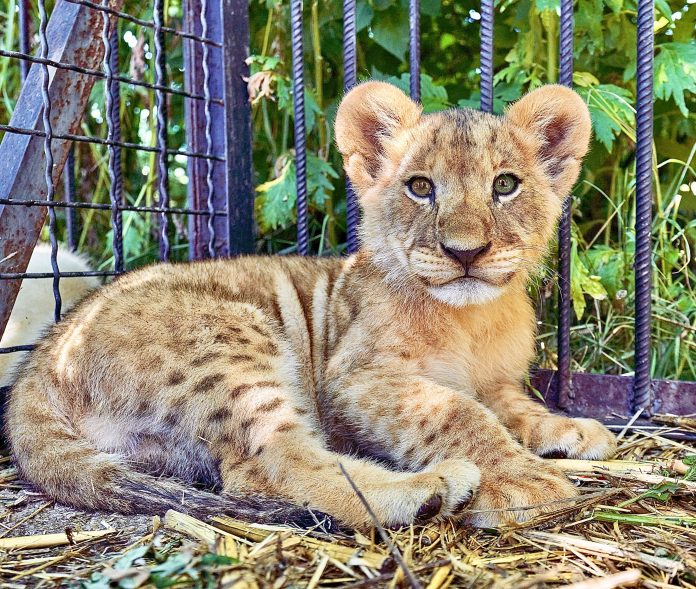
Ten Organizations Join Forces To Combat Illegal Wildlife Trafficking In Global Supply Chains
You can help all animals and our planet by choosing compassion on your plate and in your glass. #GoVeg

You can help all animals and our planet by choosing compassion on your plate and in your glass. #GoVeg